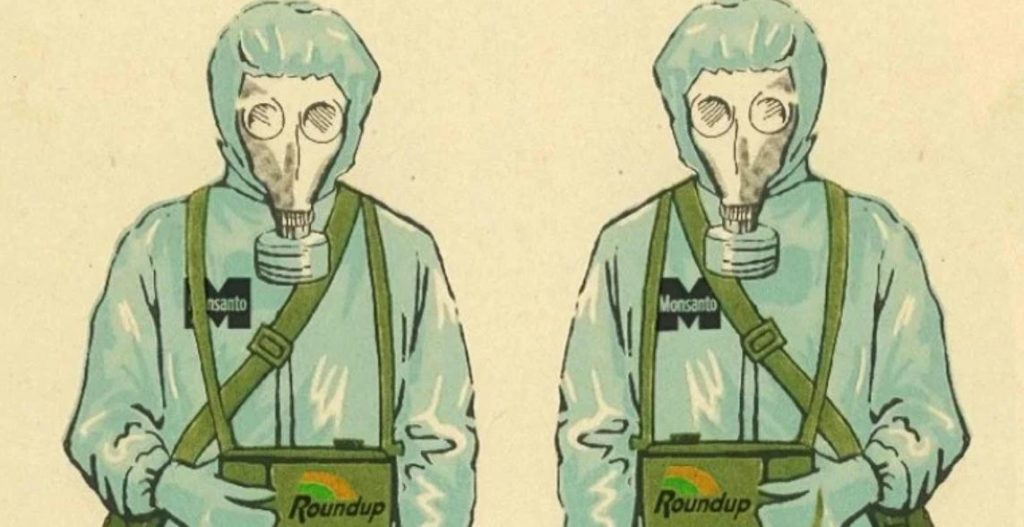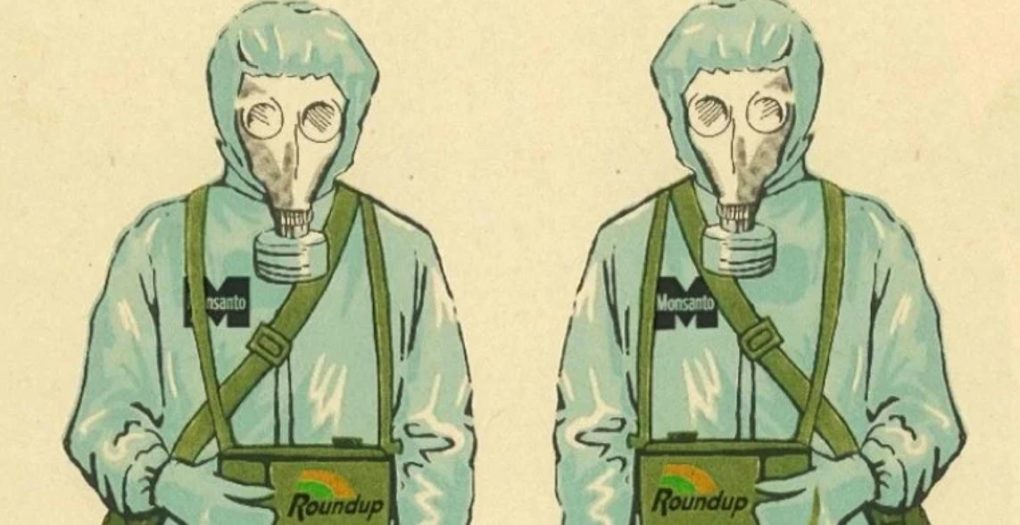Exposure to Monsanto’s Roundup Increases Cancer Risk by 41%, Analysis Shows
 By Julia Conley
By Julia Conley
A far-reaching new scientific analysis found that the weed-killing chemical glyphosate is far more dangerous than U.S. government officials admit, showing a 41 percent increased risk of developing cancer for people who have frequent exposure.
Five scientists at the University of Washington conducted the study—analyzing all published data on glyphosate and its link to non-Hodgkin’s lymphoma from 2001 to 2018—and are now “even more convinced” that the chemical is behind many cancer diagnoses, according to Lianne Sheppard, one of the study’s authors.
Focusing on people in each study who had high exposure to the herbicide, the researchers concluded that “the link between glyphosate and Non-Hodgkin Lymphoma is stronger than previously reported,” said the University in a press statement.
Widget not in any sidebars
“From a population health point of view there are some real concerns,” Sheppard told The Guardian.
Those concerns are compounded by the fact that Monsanto—the maker of the widely-used weedkiller Roundup, which contains glyphosate—and the EPA continue to deny that the chemical causes cancer, even as lawsuits against the company which cite the scientific connection continue to pile up.
Monsanto is currently appealing a court ruling from last August, in which the company was found liable for causing a groundskeeper who frequently used Roundup to develop cancer. The company is facing more than 9,000 other lawsuits as well.
The EPA has argued that studies linking glyphosate to non-Hodgkin’s lymphoma are flawed—but as The Guardian reported, that argument may fall apart with the release of the latest analysis:
Three of the study authors were tapped by the EPA as board members for a 2016 scientific advisory panel on glyphosate. The new paper was published by the journal Mutation Research /Reviews in Mutation Research, whose editor in chief is EPA scientist David DeMarini.
The findings are consistent with international researchers’ analysis of the connection, study co-author Rachel Shaffer said in a statement.
“This research provides the most up-to-date analysis of glyphosate and its link with Non-Hodgkin Lymphoma, incorporating a 2018 study of more than 54,000 people who work as licensed pesticide applicators,” Shaffer said. “These findings are aligned with a prior assessment from the International Agency for Research on Cancer, which classified glyphosate as a ‘probable human carcinogen’ in 2015.”
Julia Conley is a staff writer for Common Dreams.
This article was sourced from The Mind Unleashed.



